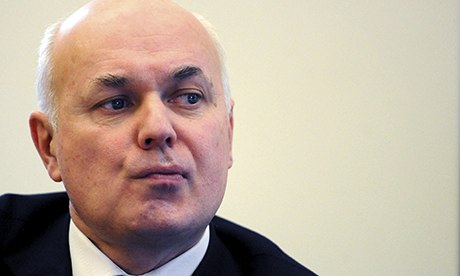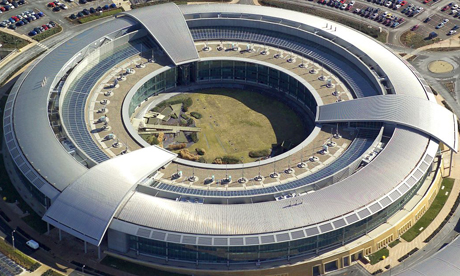Commentary and analysis of recent UK politics events
Edward Snowden voted Guardian person of the year 2013 for his whistleblowing on worldwide surveillance activities.
Online gamers are targeted by NSA and GCHQ
…
Online gaming is big business, attracting tens of millions of users worldwide who inhabit their digital worlds as make-believe characters, living and competing with the avatars of other players. What the intelligence agencies feared, however, was that among these clans of elves and goblins, terrorists were lurking.
The NSA document, written in 2008 and titled Exploiting Terrorist Use of Games & Virtual Environments, stressed the risk of leaving games communities under-monitored, describing them as a “target-rich communications network” where intelligence targets could “hide in plain sight”.
Games, the analyst wrote, “are an opportunity!”. According to the briefing notes, so many different US intelligence agents were conducting operations inside games that a “deconfliction” group was required to ensure they weren’t spying on, or interfering with, each other.
…
But the documents contain no indication that the surveillance ever foiled any terrorist plots, nor is there any clear evidence that terror groups were using the virtual communities to communicate as the intelligence agencies predicted.
…
 Iain Duncan Smith blames everyone else at the work and pensions select committee
Iain Duncan Smith blames everyone else at the work and pensions select committee
After months of trying, MPs on the work and pensions select committee finally had a chance to question Iain Duncan Smith on the DWP’s abuse of statistics and the chaos surrounding Universal Credit today. On the former, Duncan Smith bullishly pointed out that the department had published “over 500” statistical releases and had received just two critical letters from the UK Statistics Authority. He again declared that he “believed” thousands of people had moved into work as a result of the introduction of the benefit cap, despite the UKSA warning that this was “unsupported by the official statistics”.
But when he was questioned on the false statement by Conservative chairman Grant Shapps that “nearly a million people” (878,300) on incapacity benefit dropped their claims, rather than face a new medical assessment for the employment and support allowance (which resulted in another reprimand from the Statistics Authority to Duncan Smith and Shapps), he took a strikingly different line. Rather than defending the claim, he replied that it was “nothing to do with the department” and blamed CCHQ for the inaccurate “conflation of data”. Speaking from what appeared to most to be a glass house, he added: “I’ve tried to get my colleagues at Central Office to check first before they put anything out about the areas that the DWP covers because it’s complex”. One was left with the image of Duncan Smith pleading with Shapps and other Tory apparatchiks not to twist statistics for the purposes of political propaganda but his own record meant he received little sympathy from the committee.
After being challenged on the DWP’s demonisation of benefit claimants through its references to “a something for nothing culture”, Duncan Smith similarly sought to shift the blame, noting that it was “a minister” from the last government (Liam Byrne) who first referred to “shirkers” and “workers”, to which the only appropriate reply is ‘two wrongs don’t make a right”.
… (continues much the same)
Related: Universal credit failed IT system write-off increased by £6m
